Like most contractors, Lacy Construction needs to make money in order to stay in business. In a competitive and cost-driven industry, choosing to take-on profitable jobs is critical, which made owner Scott Lacy’s actions all-the-more surprising.
When Jonell Patterson, a senior citizen living in Crosby, TX experienced water leaking into her home, she first tried to correct the problem with tarps and then paid another contractor to fix her roof, but he made things worse, causing considerable damage to the home’s interior.
Enter Scott Lacy who, realizing Patterson’s desperate need and inability to pay, brought his crew to her home and spent the weekend before Christmas fixing the roof . . . for free. In an interview with ABC TV 13/KTRK, Lacy said “I'm in business to make money, but you've got to give back sometimes."
To help a person in serious need is certainly a noble deed that exemplifies many values that are good for our society. However, how does such benevolence with no measurable return on investment represent anything more than Simple-Minded Marketing?
The significant publicity that Lacy’s kind-hearted act garnered likely has created promotional value for his company, which may lead to future contracts. But what if no such business materializes or brand-building occurs? Does Lacy’s act represent a very kind gesture, but not very good marketing? Not necessarily.
Business owners have the prerogative to determine what creates value for them as stakeholders. Granted, giving away one’s products or services is not a long-term sustainable strategy for most for-profit companies, but if a measured amount of philanthropy brings owners satisfaction, as it should, it’s their choice to pursue it.
Scott Lacy performed a very gracious deed that certainly benefited another and will likely benefit him, even if that was not his intent. As a result, he can be credited with committing a holiday-inspired act of Mindful Marketing.
Learn more about the Mindful Matrix and Mindful Meter.
Check out Mindful Marketing Ads and Vote your Mind!


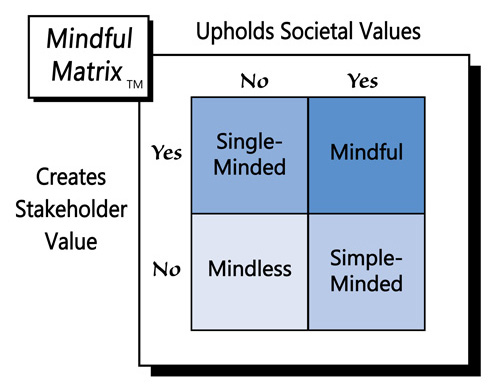


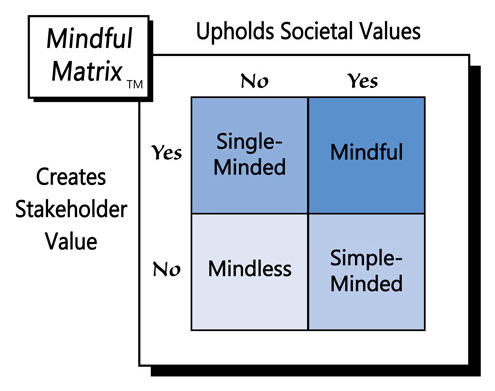
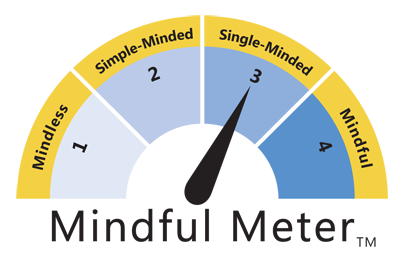

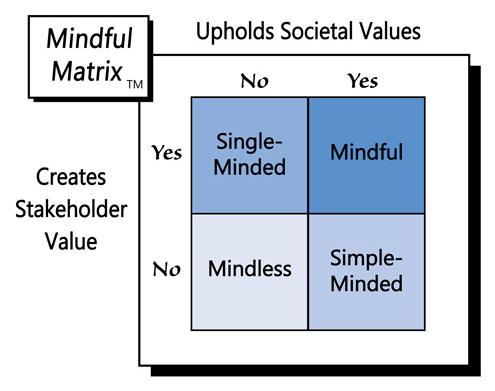


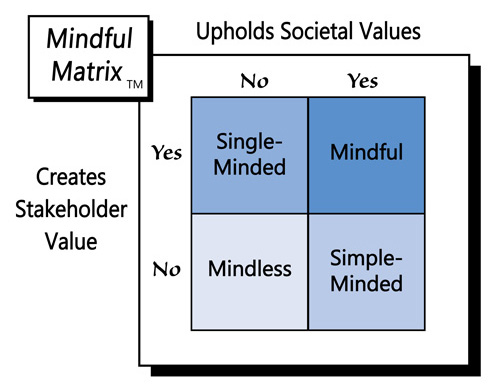
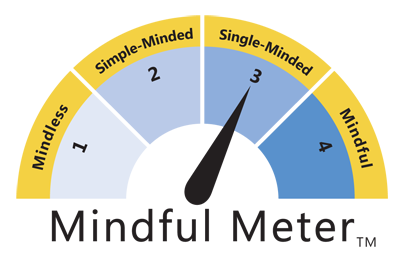
 RSS Feed
RSS Feed